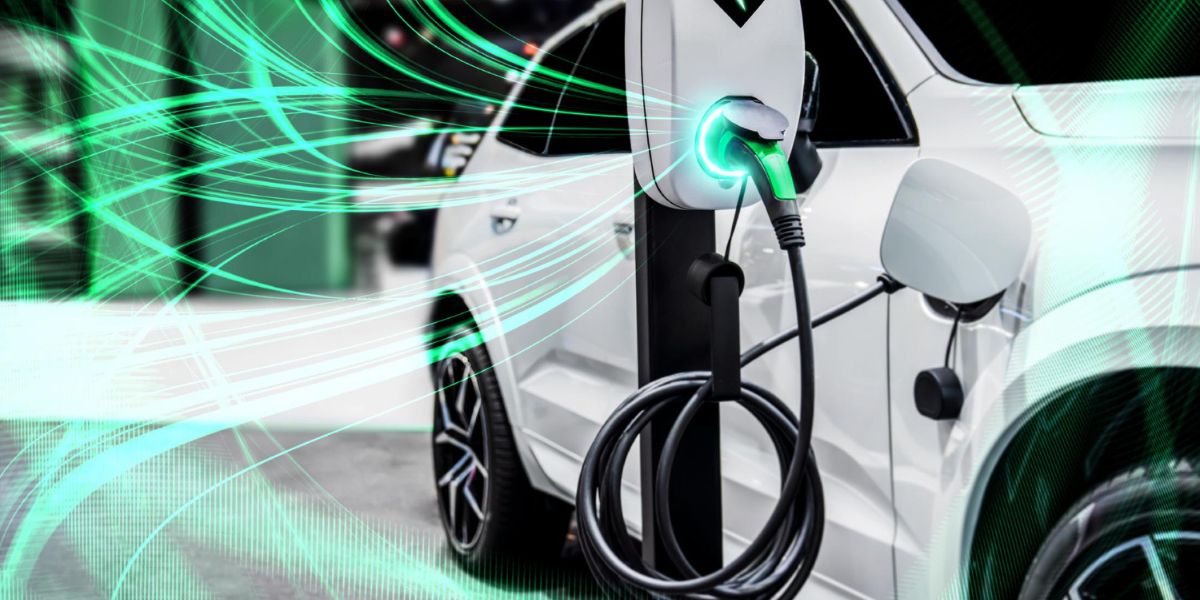Renewables
February 26, 2024

Electric vehicles (EVs) have become incredibly popular in recent years due to their potential to combat climate change and reduce reliance on fossil fuels. The growth of the EV industry has sparked interest and excitement among consumers and businesses alike. In this blog, we will examine the statistics surrounding the expansion of the EV industry to determine whether this growth is genuinely hopeful or simply hype.
One of the most promising indicators of the viability of EVs is the significant increase in sales. Over the past few years, the sales of EVs have experienced substantial growth, demonstrating a rising consumer interest and a notable shift away from traditional combustion engines.
Market analysis reveals that in 2022, electric vehicle sales skyrocketed, with an estimated 5.6 million EVs sold worldwide, representing a remarkable 127% growth compared to the previous year. This surge in sales signifies a significant transition toward accepting EVs as a viable alternative to traditional internal combustion engine (ICE) vehicles.
A crucial factor driving the rapid growth of EVs is the declining costs associated with the technology. As battery technology continues to advance, the prices of EVs have become more competitive with their internal combustion counterparts. According to Bloomberg New Energy Finance, electric cars are projected to reach price parity with conventional vehicles by 2023.
This decline in costs makes EVs more accessible to a broader range of consumers, further fueling their adoption.
Government incentives and policy support have also played a vital role in the growth of EV technology. Many countries worldwide have implemented policies to encourage EV adoption, such as tax incentives and infrastructure development. Norway, for example, has emerged as a global leader in EV adoption, with over 50% of new car sales being electric.
The availability of a robust charging infrastructure is crucial for the widespread adoption of EVs. Significant investments have been made in developing charging networks globally over the years.
In 2020, the number of public electric vehicle charging points worldwide exceeded 7.3 million, representing a 60% increase compared to 2019, according to the International Energy Agency.
EVs offer numerous environmental benefits, including the reduction of greenhouse gas emissions and the contribution to sustainable transportation. As the world becomes increasingly aware of the urgency to combat climate change, the potential of EVs to reduce carbon footprints provides a strong impetus for their rapid growth.
The rapid growth of EV technology can be attributed to continuous advancements and innovations in the field. The development of efficient batteries and improved charging times have significantly enhanced the overall EV experience.
Automotive manufacturers are also investing heavily in research and development to introduce more affordable, reliable, and high-performance EV models. These technological advancements contribute to growing consumer confidence in EVs as a viable alternative to conventional vehicles.
The rapid growth of electric vehicle technology is not just hype but a promising hope for a sustainable future. The surge in EV sales, declining costs, government incentives, expanding charging infrastructure, environmental benefits, and technological advancements all support the transformative potential of EVs. However, challenges such as battery production sustainability, limited charging infrastructure in some regions, and the need for further research and development still exist. By addressing these challenges, businesses and governments can maximize the potential of EVs and accelerate the transition toward sustainability.
The surge in electric vehicle sales in 2022 marked a pivotal moment for the automotive industry, with EVs gaining significant market share worldwide. The transition to electric mobility is becoming increasingly evident, thanks to favorable government policies, advancing technology, and growing environmental consciousness among consumers.
Tags:

Successful Implementation of Green Hydrogen in Power Plants
Discover how green hydrogen revolutionizes power plants with sustainable energy solutions, reducing ...

Driving Innovation and Resilience: Insights from the 10th Annual Energy Supply C...
Gain insights on driving innovation and resilience at the 10th Energy Supply Chain & Procurement Sum...

Understanding EPC Engineering: Key Concepts Explained
Discover the essentials of EPC Engineering, covering contracts, project phases, and roles of EPC con...